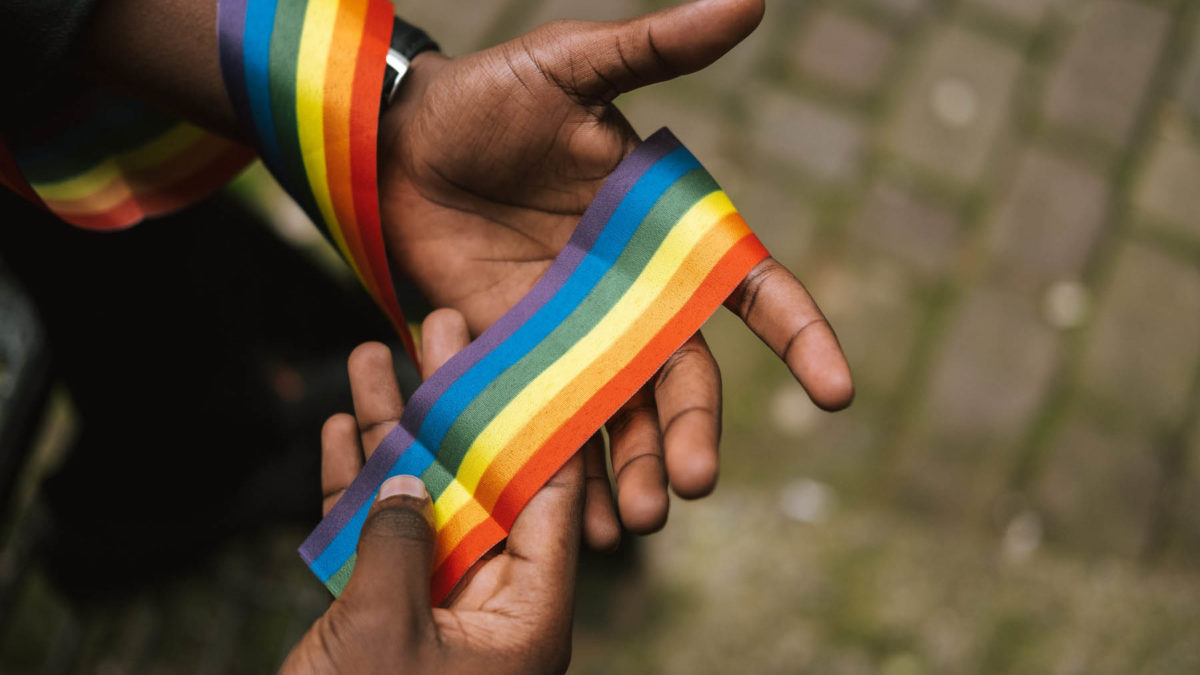Note: “Same-sex” couples is society’s phrase for two people who were assigned the same gender at birth and have not changed their government-recognized gender. This term enforces a false binary of gender and does not reflect the full spectrum of LGBTQ+ identities, but in this article, we will use the term as deployed by the Church of England and press coverage of the vote.
Church of England updates
Earlier this month, the Church of England voted to offer blessings to same-sex couples. The catch is that clergy members can opt not to use the prayers, and–the key takeaway–the church will maintain its ban on same-sex marriage.
NPR reported that, according to the General Synod, the church’s governing body, this means that same-sex couples still won’t be able to marry in the church, but they can “come to church after a civil marriage or civil partnership to give thanks, dedicate their relationship to God and receive God’s blessing.” (How generous.)
Notably, church leaders have said that they “lament and repent” the historic harm done to LGBTQ+ people in its failure to welcome them. Though well-meaning individual synod members may have a desire to push for truly affirming policies, this update, in effect, does nothing to actually move the needle on marriage equality or ordained homophobia in the Anglican faith.
We are watching as a centuries-old institution attempts (with a spectacular lack of self-awareness) to adapt to evolving social norms. The Archbishop of Canterbury Justin Welby and the Archbishop of York Stephen Cottrell said in a joint statement that “the Church continues to have deep differences on these questions which go to the heart of our human identity.” (Sure, Jan.)
Global shifts
The update was announced on the heels of the Pope’s declaration in late January that “homosexuality is a sin, but not a crime.” This rash of conservative church bodies providing semantic compromises on LGBTQ+ issues in the hopes, presumably, of winning favor with more socially liberal parishioners, is emblematic of the en-vogue inclusivity (see: performative allyship) that many corporations are guilty of during Pride month.
Far more pressing than rainbow capitalism, however, is the recognition that adopting this barely progressive policy could lead to a splintering of the Church of England due to an exodus of churches in Africa and Asia, where social acceptance of the LGBTQ+ community is far less prevalent. No thanks to England’s history of violent settler colonialism and forceful fundamentalist conversion efforts over the last 600 years, these conservative African and Asian churches represent nearly half of the world’s estimated 100 million Anglicans.
Stonewall’s Leah Buckle writes about the legacy of imported homophobia in Africa, emphasizing correctly that “prior to European colonization, throughout the African continent we see far different, more relaxed attitudes toward sexual orientation and gender identity…In no African country prior to colonization do we see any persecution of [LGBTQ+] individuals because of their sexuality, nor any anti-[LGBTQ+] laws.” The irony of the Anglican church cannibalizing itself as a direct result of its own horrific past is not lost on those who have studied British colonialism and its innumerable, long-lasting detrimental effects.
This is not to say that we should pity the Church of England over this schism and subsequent loss of patrons. (Obviously.) Rather, this might invite a deeper cultural understanding of the systematic oppression not only of LGBTQ+ people but also of those who follow a church that quite literally stole their identity–and continues to do so today.
The Church of England’s legacy of homophobia is inextricably tied to its legacy of racism. And no amount of political posturing will take away from the fact that its very existence, as it stands, cannot coexist with truly affirming LGBTQ+ practices.
Marley Madding
MOST VIEWED STORIES
- The Rise of Weddings With Long-Lasting Investments: Benefits Beyond The Big Day
- How to have a green wedding that Mother Earth would attend
- Simplify wedding communication with digital engagement announcements and thank you cards
- A Spiritual and Earthy Elopement at Lassen Volcanic National Park
- Food Trucks, Craft Booze and Cultural Fusions: How New England Weddings Are Changing the Game



























